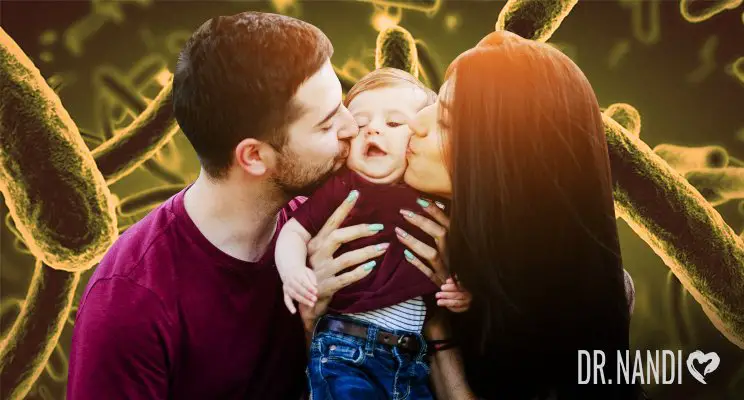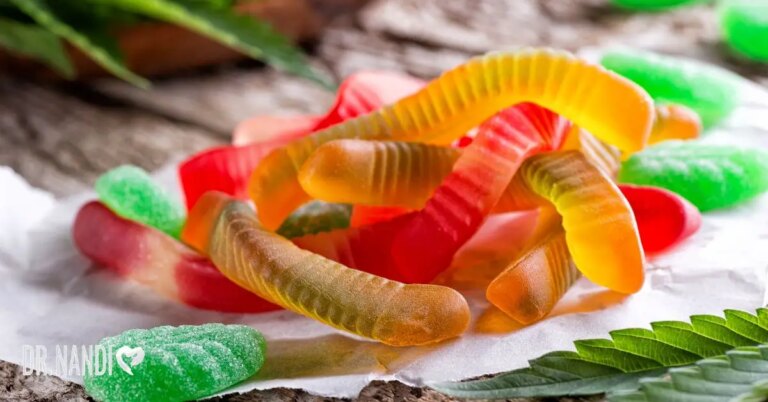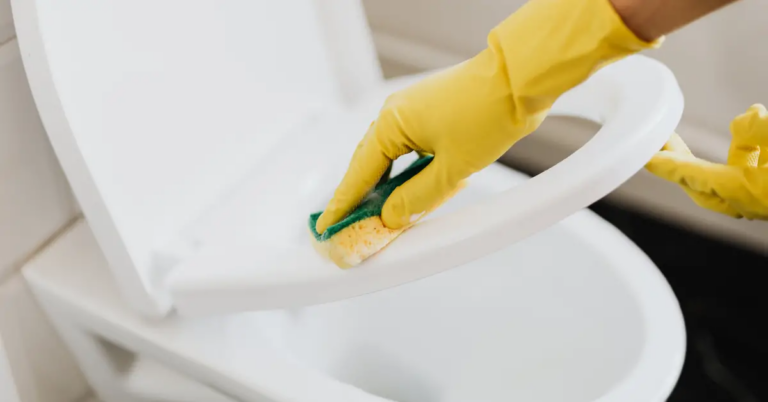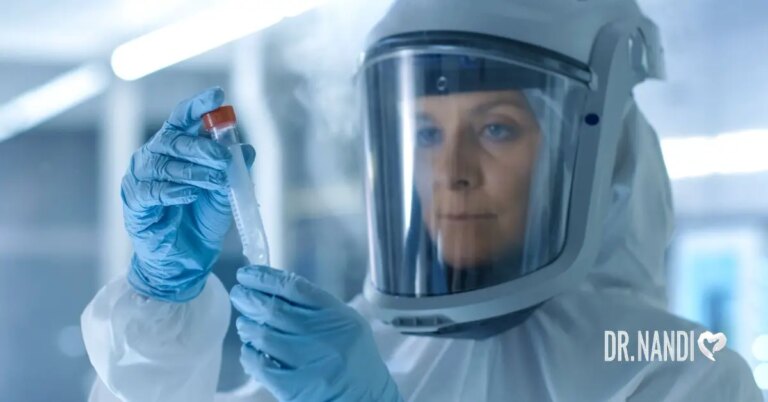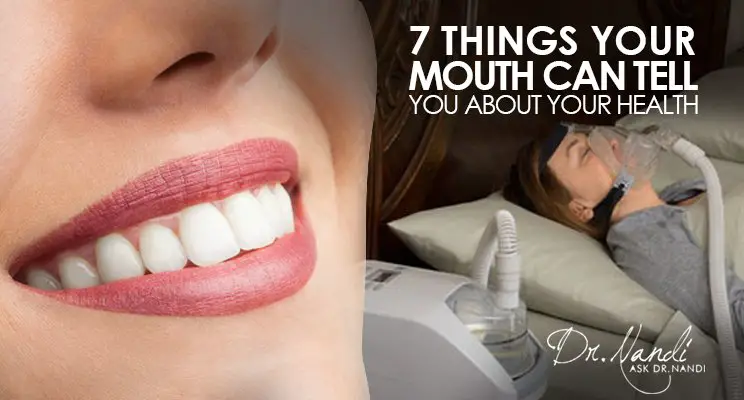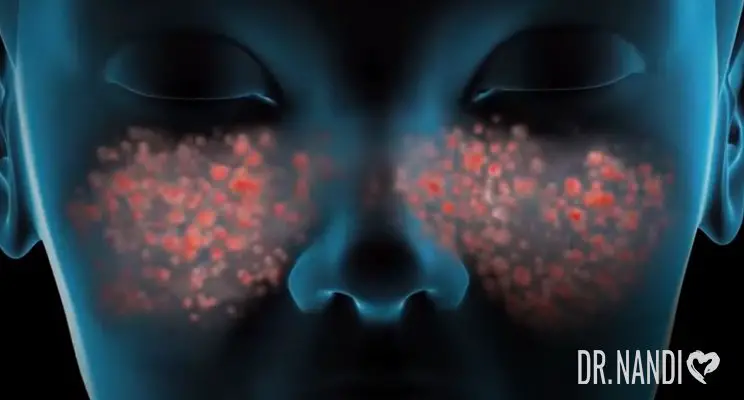You may see it as a sign of affection, but research suggests you should not kiss a baby’s lips. As tempting as it can be to plant a big wet one on that adorable little newborn bubba, it’s probably best not to. A shiny new baby means a shiny new immune system – one that hasn’t developed immunity to anything yet, and kissing the baby can cause illnesses to be transmitted that the baby can’t yet fight off.
Science does, in fact, suggest that it’s good for children to get a little dirty now and again, and get exposed to some germs. Scientist Jack Gilbert, who studies microbial ecosystems at the University of Chicago investigated this. “It turned out that most of the exposures were actually beneficial,” Gilbert said in an interview with NPR. “So that dirty pacifier that fell on the floor — if you just stick it in your mouth and lick it, and then pop it back in little Tommy’s mouth, it’s actually going to stimulate their immune system. Their immune system’s going to become stronger because of it.”
This advice, however, only applies to children, not newborn babies. Newborn babies do not have the capacity to fight even the small amounts of germs that can be picked up from the ground or from you.
Infants May Developed Tooth Decay
Kissing seems so harmless, but research suggests that you could spread oral bacteria called Streptococcus mutans through saliva if you have active tooth decay. And this could increase your child’s risk for cavities. Although it’s not the only thing that causes cavities or tooth decay, it can definitely help contribute to its development of it. The Finnish researchers also warn that you might be able to pass this cavity-causing bacteria through sharing spoons as well. According to a 2008 study in Pediatric Dentistry, “strong evidence demonstrated that mothers are a primary source of MS colonization of their children; a few investigations showed other potential sources … notably fathers.”
To minimize the risk, clean your baby’s gums frequently with a damp cloth to help keep bacteria from building up. Dr. Jane Soxman, a pediatric dentist from Allison Park, PA told NBC news “I tell parents to wipe the baby’s mouth out as often as they change the diaper. Wipe the tongue, the teeth, and the cheeks from infancy on. Then the colonies of bacteria won’t be established.”
Parents May Passed On Cold Sores When Kissing Lips
Cold sores are caused by the herpes simplex virus type 1 and are passed through oral contact like kissing. Newborns are typically too young to have developed antibodies to fight this off. Most people are first exposed to HSV between ages 1 and 5 years of age (more than half of people in the United States are infected with it by the time they become adults).
It’s usually caused by herpes simplex virus type 1 (HSV-1). Cold sores are highly contagious! They spread through saliva, skin-to-skin contact, or through objects handled by someone infected by the virus. Once contracted, you have the virus for life.
Babies May Developed Primary HSV
Primary HSV is when a child develops a cold sore for the first time – the blisters often spread further than the lips, into the mouth and gums, and occasionally all over the child’s face. Children may also exhibit a fever, swollen and tender lymph glands, sore throat, irritability, and drooling.
It Can Cause Dangers To the Eyes
The virus can be spread to the eyes and cause HSV Keratitis – an infection of the cornea. The infection usually heals without damaging the eye, but severe infections can lead to blindness. HSV keratitis is a major cause of blindness worldwide (HSV-1, which is the type of HSV that also causes cold sores on the mouth, and is the most common cause of corneal infections).
In infants, herpes type 1 can cause severe infections, including encephalitis, brain, lung, and liver disease, as well as skin and eye sores. Because the baby hasn’t got the immune system to fight off the virus, it can prove devastating to them as they aren’t robust enough to cope.
Food Allergies
Food allergies are no new thing, but nowadays we’re more aware of them than ever before. Even small crumbs containing gluten can set off an autoimmune response that can put a child at a much higher risk of cancer and other autoimmune disorders. The thing with newborns is, that you have no way of knowing what they’re allergic to. How could you? They’ve barely been in the world for any time at all. Parents are usually careful about avoiding giving their children things that could cause allergic reactions, but it only takes a tiny amount to transfer from an adult’s face to a baby’s for it to cause a reaction.
Cosmetic Chemicals
Both men and women put a myriad of chemicals on their faces every day to try to ensure they’re looking fresh and young. Whilst most things are fine for adult faces, baby faces can be severely irritating. These products can often contain formaldehyde, parabens, and artificial colors, to start with, and these can irritate a child’s skin. Strong perfumes could cause respiratory issues for young babies also – if we cough when we smell strong perfume, imagine what that would be like for tiny newborn lungs!
Children Mimic Adults
If you have other children around who see you or others kissing your newborn baby on the lips, chances are they’ll want to mimic you and do the same. This can be dangerous because children don’t have the same levels of hygiene as grown-ups and therefore, can pass on illnesses easily.
Underdeveloped Immune System of Babies
Babies are particularly susceptible to severe infections in the first month of life. They can develop serious infections with little to no symptoms apart from a fever in the first three months of life. Before babies are immunized, they are vulnerable to illnesses preventable by vaccines. There could be a few months before the baby can have vaccines when people carrying the illnesses could transmit them to the newborn. Influenza, whooping cough, and other respiratory viruses are some of the diseases that can be serious for babies.
Other Things To Note:
There are several other ways you can lower your child’s exposure to bacteria:
- Babies love to have their fingers in their mouths, so don’t let them stick their fingers in your mouth or anyone else’s either. Otherwise, you’re increasing the risk of transferring bad bacteria from adult to child.
- Don’t blow on your child’s food to cool it down. And skip tasting it before feeding your child as well. Both of these could cause germs to transfer from you to your baby.
- Avoid cleaning off a child’s pacifier using your own saliva. This is okay as they get older, but for newborns, it’s a big no-no. Make sure you get into the habit of cleaning your baby’s gums after they’re done eating with a damp cloth to help keep bacteria from building up.
- Brush your child’s teeth as soon as they poke through. Correct dental hygiene can prevent bacteria from forming in your child’s mouth. Additionally, make sure that you don’t share toothbrushes with anyone, especially your child.
Also, be sure to take care of your own oral health. Get regular checkups and any cavities taken care of right away, so you’re less likely to pass germs along to your baby.
As microbiologist John Gilbert said in his NPR interview, “As long as they’re properly vaccinated, there’s no threat, and they will actually get a stronger, more beneficial exposure” by being exposed to various germs, but newborns, are too young to be vaccinated and so the utmost care must be taken.
Have more questions? Ask Dr Partha Nandi MD Here!



